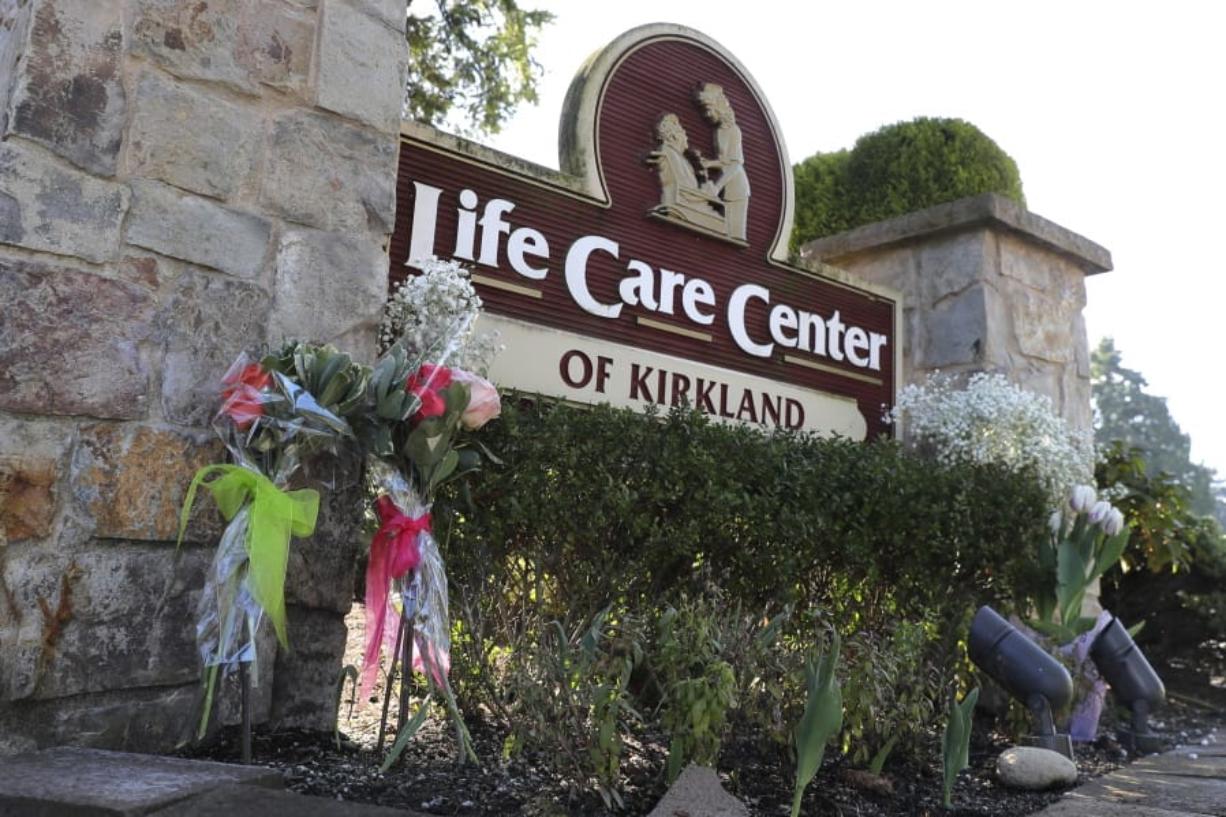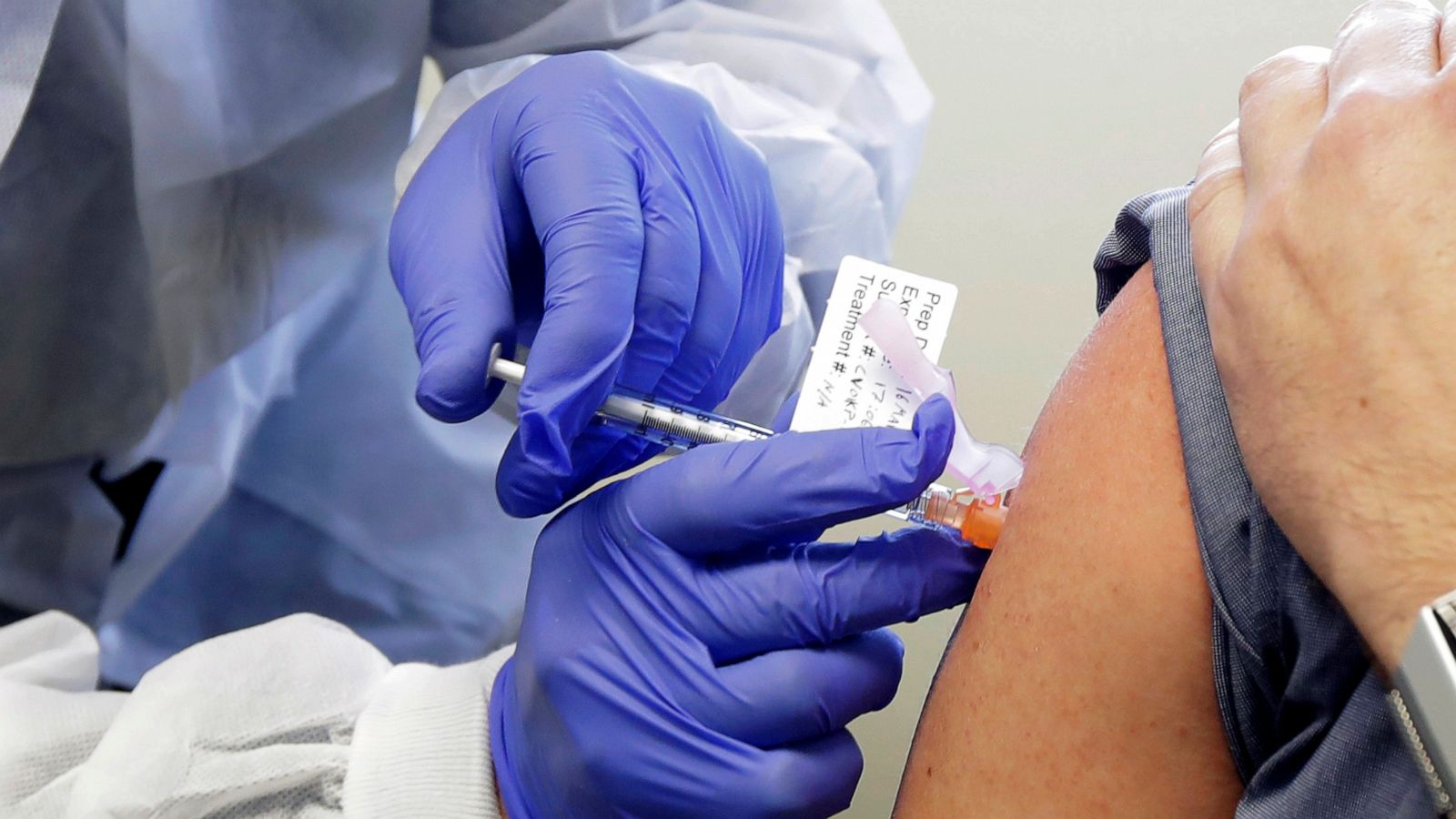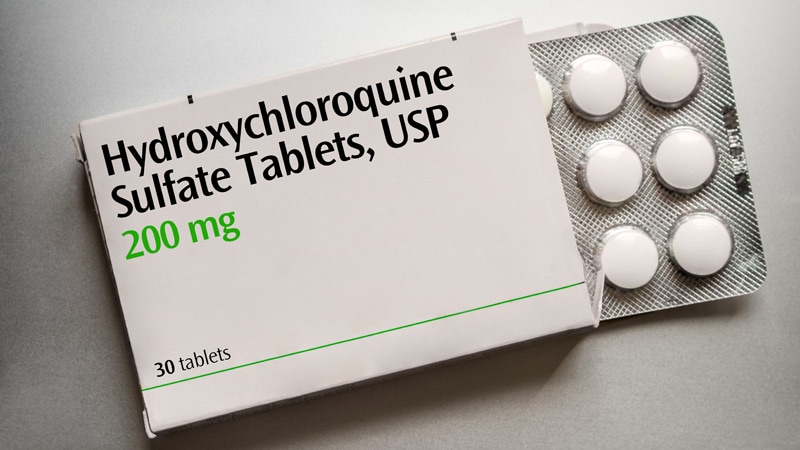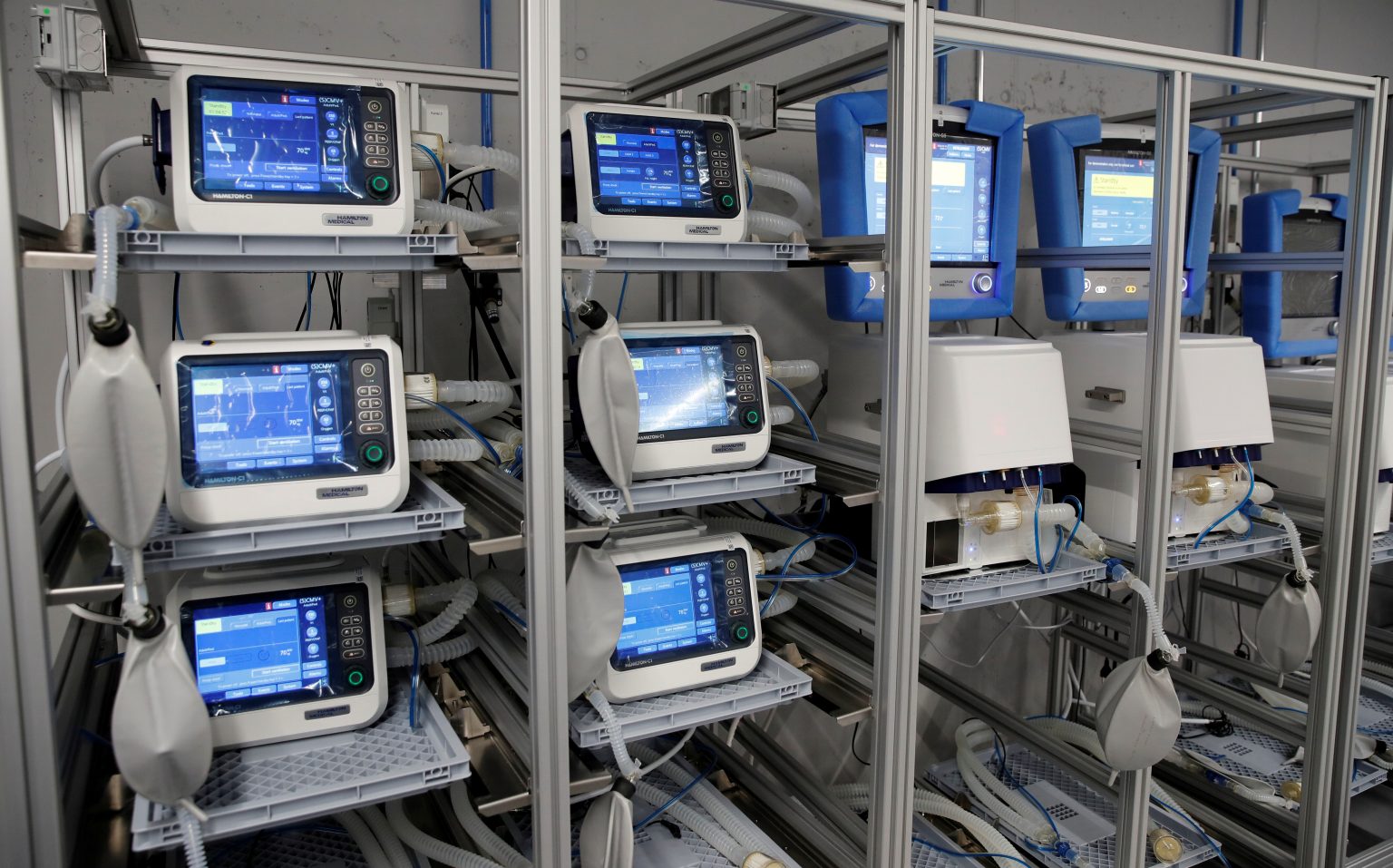
The furor over some of the companies receiving federal financial assistance through the Paycheck Protection Program represents one of the most remarkable outbursts of anti-corporate sentiment seen for quite some time. A corporation such as Shake Shack, which used to have a cult following, found itself vilified for getting a $10 million loan from a program the public assumed would be used to help mom-and-pop businesses rather than a fast casual chain that last year had revenues of more than half a billion dollars.
I’s not just a matter of big versus small. Journalists have pounced on the disclosures of the PPP loans—which have come from SEC filings rather than the federal government—to look for examples of problem companies on the list. One of the best examples, by the New York Times, found all kinds of corporate bad actors getting the loans.
A new website my colleagues and I at Good Jobs First have just launched will make it even easier to pursue this kind of research. Covid Stimulus Watch combines available recipient data for the PPP — as well as the Payroll Support Program, which has doled out billions to the airlines – with accountability data about the companies.
The accountability data comes in six categories. Four of those are derived from data in Violation Tracker: employment-related penalties (such as wage theft and workplace discrimination); government-contracting related penalties (mainly False Claims Act cases); environmental, healthcare and safety penalties; and consumer protection, financial misconduct and unfair competition penalties.
The fifth category, relating to taxes and subsidies, shows which large companies have paid very low federal income tax rates and which have received large amounts of pre-pandemic financial assistance from federal, state and local programs, such as those shown in Subsidy Tracker. The final category shows which recipient companies have high levels of executive compensation, especially in comparison to what they pay a typical worker.
The limited set of recipients currently listed in Covid Stimulus Watch already illustrate the accountability issues at stake. For example, the major airlines that are receiving billions of dollars in aid raise concerns in multiple categories. United has paid out over $40 million to settle employment discrimination lawsuits. American Airlines has paid over $70 million in safety violations. JetBlue and Delta had negative federal income tax rates in 2018. The ratio of the pay of American’s CEO to that of its median employee was 195 to 1.
Concerning data can also be seen about some of the smaller recipients. One PPP recipient, Veritone Inc., paid its CEO $18 million in compensation. Another PPP company, FuelCell Energy, received more than $170 million in federal grants prior to the pandemic.
The data in Covid Stimulus Watch will hopefully fuel even more debate over which corporations deserve to be rescued by taxpayers.




You must be logged in to post a comment.